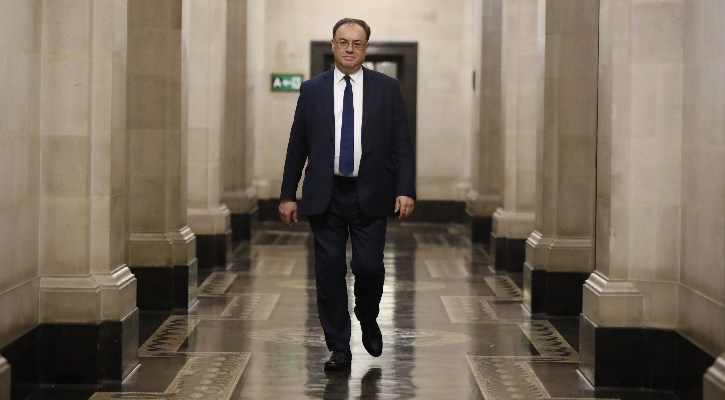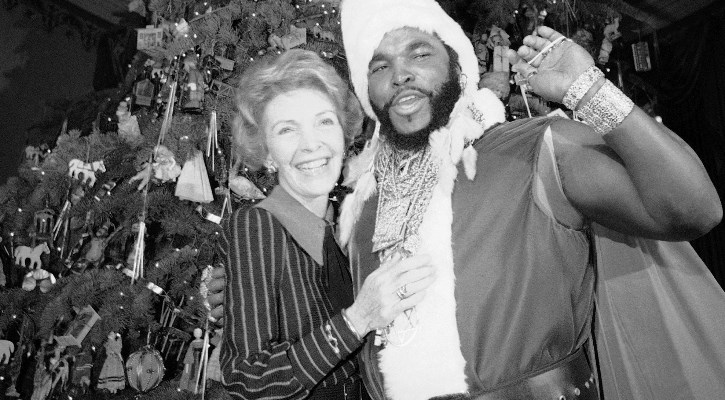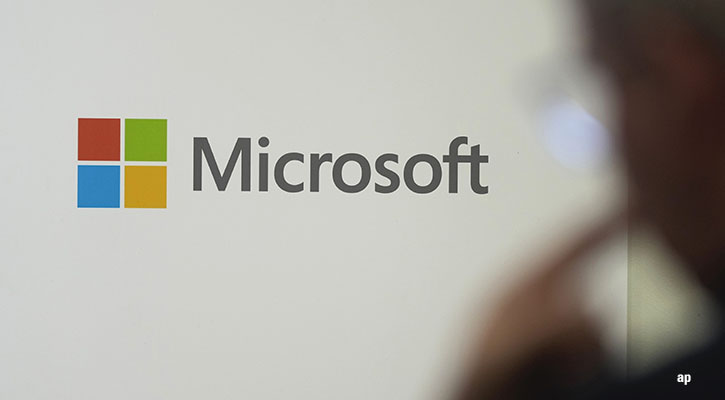
The Bank of England (BoE) has once again blindsided markets with a shock interest rate rise, just days before Christmas.
Voting eight to one in favour of the move, the BoE's monetary policy committee (MPC) has now raised interest rates by 0.15% to 0.25%. They were previously 0.15%.
The event marks a turnaround for the MPC, which last month surprised markets by holding fast on interest rates.
“Caught in a perfect catch-22 situation, where it will be criticised for hurting an uncertain recovery if it hikes rates and for letting inflation run loose if it does not hike, the Bank of England chose the hardest path," said Barings Investment Institute economist Matteo Cominetta.
"This was not what market expected, making it the second time in two months that the BoE blindsides investors, with consequent volatility in bond and foreign exchange markets. The Pound gained markedly after the decision.
“To be fair, MPC members are facing one of the most uncertain economic situation any central banker must face in recent times. On one hand, inflation is at decades high and still keeps surprising on the upside, the last time yesterday. Even netting out volatile energy prices that have been the main culprit behind the latest price surge, core inflation hit 4%, the highest since 1992. That should have convinced MPC members to act immediately."
Soaring Inflation
Yesterday, the Office for National Statistics published figures that showed 12-month inflation on the Consumer Prices Index at a 5.1% high in November. The BoE's goal is to keep inflation at 2% - and the Governor must write to the Chancellor if inflation goes 1% below or above this target.
International considerations are at play too, however. Others think the Bank's decision is a "tester" scenario, following the US Federal Reserve's signalling of successive rate hikes in 2022 hours ago.
“The Federal Reserve’s actions yesterday created a conundrum for the BoE," said Quilter Investors portfolio manager Hinesh Patel.
"If the BoE did not match [this] direction of travel over the longer-term, an even weaker sterling would have compounded inflation further to make the cost of living crisis even more acute. The trick in the BoE’s favour, and clearly what it is banking on, is the ability to raise rates should the Omicron variation be less severe than expected, while maintaining asset purchases--a move that would be contrary to the Fed’s actions. This would ultimately provide a smoother ride for market volatility and a way to defend the pound.
"Employment data ahead of the latest Omicron variant was robust and ahead of expectations so the situation isn’t grave just yet. Given early hospitalisation data from South Africa, the hope is the UK can match a similar trajectory which would undoubtable be positive given what the case numbers are showing. Should this continue we would view the current stance as a tester with the view the Bank could be prepared to step back in should the situation deteriorate."
For Investors
Morningstar looked at the implications of inflation for investors recently.
“Investors should be preparing for a decade in which inflation is more of a challenge to their portfolios,” 7IM's senior investment strategist Ben Kumar told us.
“Investors should be looking for opportunities now that are designed to do well in a rising-rate environment, even if the prospect of rate rises is far in the future as it is only a matter of when, not if.
"Being positioned to be underweight in government bonds, overweight in alternatives, overweight in value and underweight in tech are good examples of what investors can do to start preparing for rising interest rates.”
For Home Owners
For mortgage holders, especially those on variable rate products, it is important to understand the implications of the decision.
“Overnight, millions of homeowners are going to see a rise to their mortgage costs, at a time when we’re facing a cost of living squeeze and everyone’s finances are already feeling tighter," said AJ Bell's head of personal finance Laura Suter.
"Mortgage payments are the biggest outgoing for most homeowners, meaning this is a very unwelcome present under the tree for everyone. Anyone on a tracker rate mortgage will see their interest rates go up overnight, while those on standard variable rates are likely to see their rates rise too, albeit over the coming weeks and months.
“The average UK homeowner has £131,000 of mortgage debt, and so those on a tracker deal will see their mortgage costs rise by £120 a year. When you extend this over the 2.2 million people who have a variable rate mortgage, it leaves UK households with a £264m a year hike in their mortgage bills.
"Of that, around 850,000 homeowners are on tracker deals and so £102m will be added to the nation’s mortgage bills almost overnight. Clearly those with more borrowing will be hit harder, as someone with a £400,000 mortgage will see a £360 hike to their annual bill as a result of the rise to 0.25% today."


























